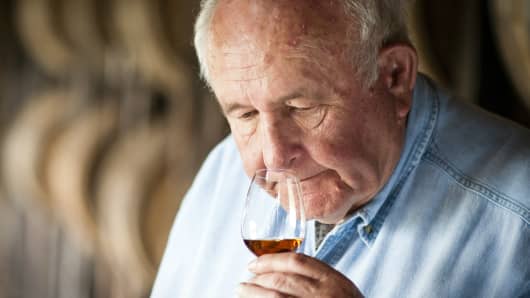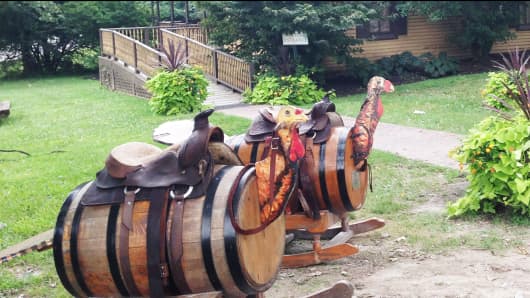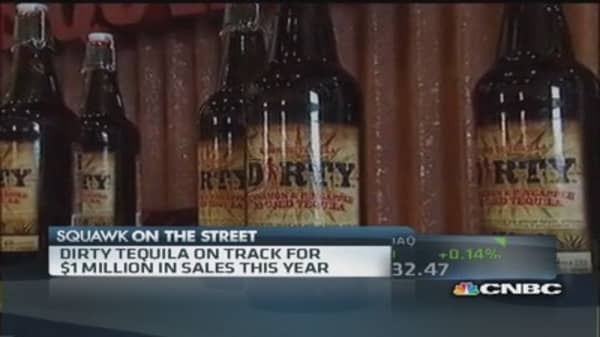Like penicillin, the Slinky and the chocolate chip cookie, the hottest category in the wine and spirits industry was, in fact, a mistake. Around the 1870s, a clergyman and whiskey distiller from Bourbon County, Kentucky, found that the cheapest way to clean a fish barrel in preparation for storing whiskey for transport was to burn the inside of it. When the whiskey arrived at its destination months later, it had changed. Mellowed by the interaction with the charred barrel, bourbon, America's only native spirit, was born.
In 2013, the United States' bourbon and Tennessee whiskey industry generated $2.45 billion, up from $1.82 billion just five years ago according to the Distilled Spirits Council of the United States. That 35-percent growth was driven by high-end premium and super-premium brands, which saw 31-percent and 104-percent growth, respectively, over that same time period. On a global scale, American distillers exported $1 billion worth of bourbon and whiskey last year; that's nearly triple the value of exports a decade prior.





